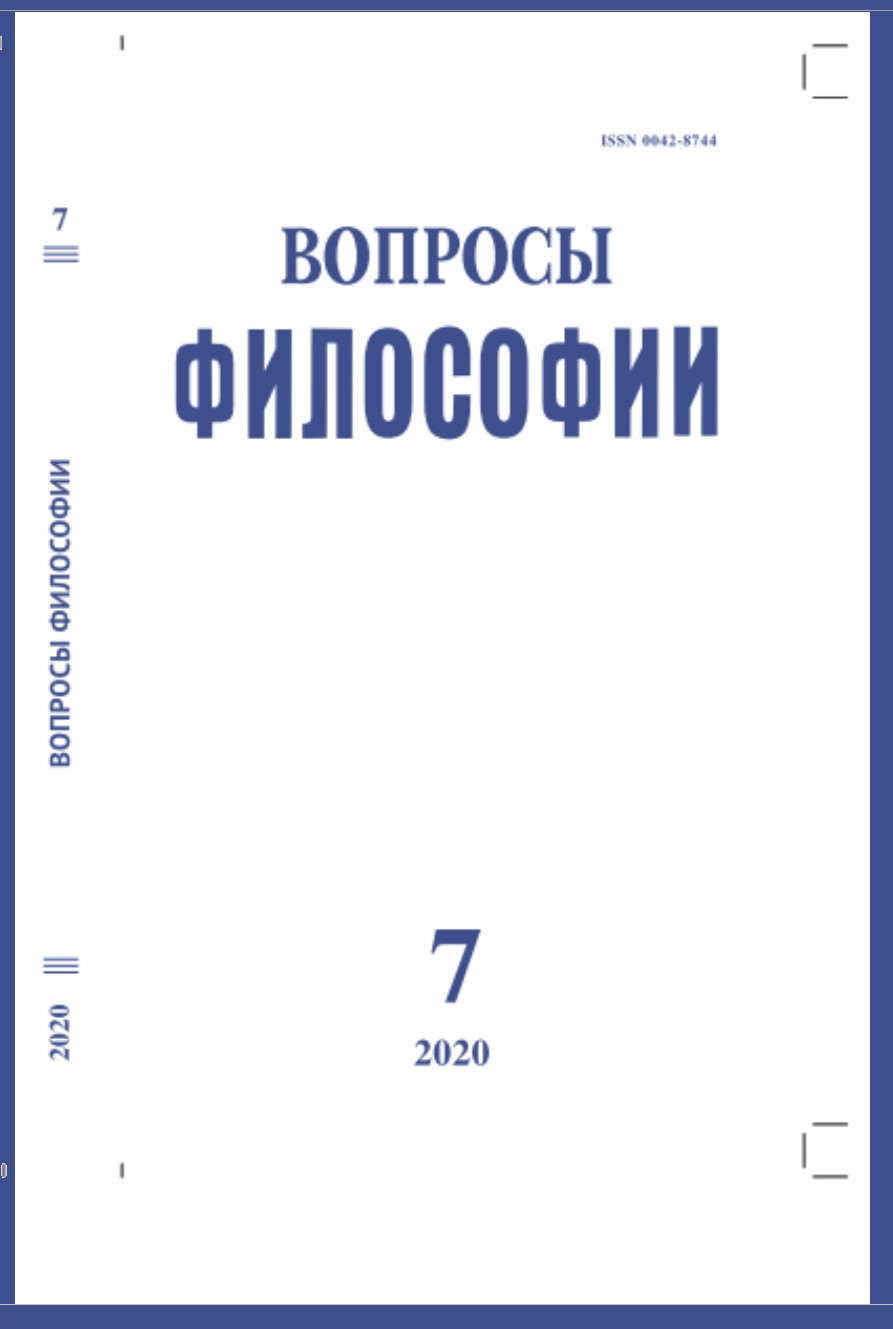Kang Youwei: Confucian category of filial piety in front the face of modernity. Kang Youwei. Datong shu. Part 6. Partial Translation by Dmitry E. Martynov.
DOI:
https://doi.org/10.21146/0042-8744-2020-7-190-201Keywords:
Kang Youwei, Datong shu, Qing era, Confucianism, social institutes, family institute, modernAbstract
Readers are invited to the first Russian translation of extracts from the first chapter of the sixth part Datong shu (The Book of the Great Unity) by Kang Youwei (1858‒1927). The famous Chinese thinker and outstanding reformer played a prominent role in the process of incorporating traditional Chinese culture into the global context and personally did a lot for a lively dialogue with the Western civilization. Between 1899 and 1913 Kang visited more than 30 countries and made three round-the-world travels. In his multifaceted treatise “Datong shu”, a special place was occupied by a description of the historical concept of the Three Eras, in accordance with which value systems, religions and social institutions were considered. Evolutionary sequence was thought in both spatial and temporal aspects. Kang Youwei considered his contemporaneity as a transitional stage from the Era of chaos to the Era of rising equilibrium, the threshold of which reached the most advanced Western societies. However, in an emotional sense, Kang Youwei resolutely defended himself the traditional Chinese clan system, which, as he understood it, opposed an atomized Western society dominated by hedonistic values.

